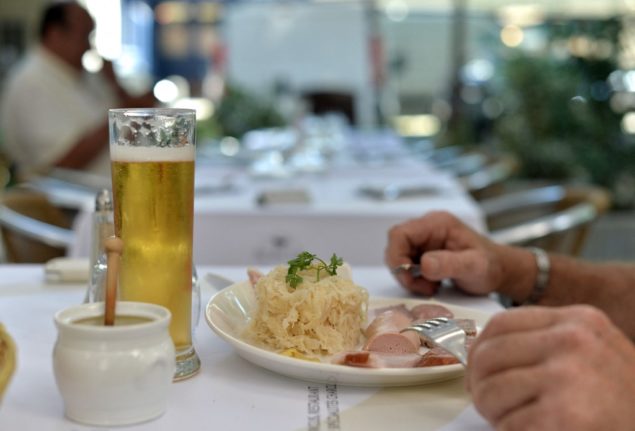The French government has loads of different websites for different purposes, and it can be hard to know which are worth keeping track of…and which are actually possible to navigate as an English-speaker.
If you are planning to work in France (or hire someone in France), then you’ll want to keep track of the most useful websites for the various administrative hurdles that will come up.
We made a list of the best, and easiest to navigate, French government websites that will answer all of your questions from visas to employment contracts. On that list, you’ll find a new website that the French government just updated that consolidates a lot of the different things you used to have to go to several separate websites to find.
Six official websites to know if you’re planning to work in France
Spring has sprung, and therefore so has tax season!
Taxes can also be an area that is confusing for foreigners living in France. Filling out the forms in French is a bit daunting, and you might be wondering what applies to you, specifically as a foreigner in France. Knowing the deadlines for filing your taxes is an important part of living in France.
As for what is coming up for May and June, you’ll want to mark your calendars for the dates for declaring your revenue. We made an updated list for you.
Income tax declaration in France: The key dates you need to know
After moving to France, many foreigners find it difficult to get French people to just speak to them in French without reverting to English. It is easy to feel stuck, wondering how and where you can practice your French skills.
If you are looking to gain confidence in your listening skills – to avoid those blank-face moments – we asked other readers for their recommendations.
Here is what they recommended for filling your free time with French TV shows, podcasts, and radio channels.
The French TV series, radio shows and podcasts that will boost your language skills
Not a French resident yet, but still looking into buying a car in France? In reality, depending on where you are going, you might not need to have a vehicle.
Still, having a car is an essential for many people living in France, particularly those living out in the countryside. You might be thinking it would be easier to just buy a car in l’Hexagon rather than bringing one here – and you might be right. Doing the process in France will save you the headache of having to get the French equivalents for all the necessary paperwork.
Here are the essential things to know about buying a car in France:
Reader question: Can I buy a car in France if I’m not a resident?
And if you do end up buying that car, you’ll probably be wondering where to find the most affordable fuel in France.
With inflation on the rise, fuel is becoming more expensive throughout France, in some places more than others (you might want to avoid filling up in the Paris region).
There are still some places in the country with relatively affordable fuel, however, and we have made a guide for where to go to avoid breaking the bank at the fuel pump.
Which parts of France have the cheapest fuel prices?
Ah, French cuisine. People might think you can never go wrong with French food, but there are definitely some choices worth prioritising higher than others.
You are probably starting to think about your summer travel plans. If you are looking to eat well while jetting across France, without having to put too much thought into food-planning, then check out our regional guides!
We have come up with a few food and drink guides for you, complete with specific regional recommendations. Here is what to eat and drink in the North and South of France:
French regional cuisine: What to eat and drink in northern France



 Please whitelist us to continue reading.
Please whitelist us to continue reading.
Member comments